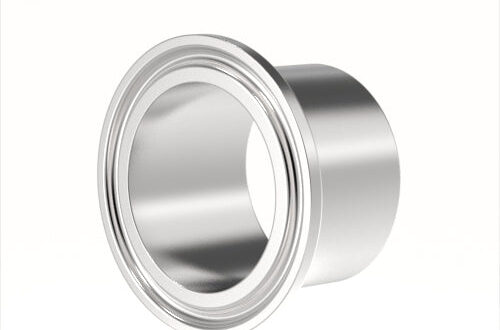Cysteine: The Essential Amino Acid for Health and Wellness

# Cysteine: The Essential Amino Acid for Health and Wellness
## What is Cysteine?
Cysteine is a semi-essential amino acid that plays a crucial role in various biological processes. While the body can produce cysteine from other amino acids like methionine, dietary sources are still important for maintaining optimal health. This sulfur-containing amino acid is a building block of proteins and serves as a precursor to glutathione, one of the body’s most powerful antioxidants.
## The Importance of Cysteine in the Body
Cysteine contributes to numerous vital functions in human physiology:
– Protein synthesis and structure
– Antioxidant defense through glutathione production
– Detoxification processes
– Immune system support
– Collagen formation for skin, hair, and nails
## Dietary Sources of Cysteine
You can obtain cysteine from both animal and plant sources:
### Animal Sources:
– Poultry (especially chicken and turkey)
– Eggs
– Dairy products (yogurt, cheese)
– Pork
– Fish
### Plant Sources:
– Garlic
– Onions
– Broccoli
– Brussels sprouts
– Oats
– Wheat germ
– Red peppers
## Health Benefits of Cysteine
### 1. Powerful Antioxidant Properties
As a precursor to glutathione, cysteine helps combat oxidative stress and free radical damage, which are linked to aging and various chronic diseases.
### 2. Detoxification Support
Cysteine aids in detoxifying harmful substances, including heavy metals and certain medications, by binding to toxins and facilitating their elimination.
### 3. Respiratory Health
N-acetylcysteine (NAC), a supplemental form of cysteine, is commonly used to support respiratory health by thinning mucus and reducing inflammation in the airways.
### 4. Immune System Boost
Cysteine supports immune function by maintaining adequate glutathione levels, which are essential for proper immune cell activity.
### 5. Skin, Hair, and Nail Health
The sulfur content in cysteine contributes to the formation of keratin, a protein that strengthens hair, skin, and nails.
## Supplementation Considerations
While most people can obtain sufficient cysteine through a balanced diet, certain individuals may benefit from supplementation:
– Those with chronic respiratory conditions
– People exposed to high levels of toxins
– Individuals with compromised immune systems
– Elderly individuals with reduced glutathione production
Common supplemental forms include N-acetylcysteine (NAC) and L-cysteine. Always consult with a healthcare professional before starting any new supplement regimen.
## Potential Side Effects and Interactions
When consumed in appropriate amounts from food sources, cysteine is generally safe. However, high doses from supplements may cause:
– Nausea
Keyword: cysteine
– Diarrhea
– Headaches
– Skin rashes
Cysteine may interact with certain medications, including nitroglycerin and some chemotherapy drugs. Pregnant or breastfeeding women should consult their doctor before taking cysteine supplements.
## Conclusion
Cysteine is a versatile amino acid that supports numerous aspects of health, from antioxidant protection to immune function and detoxification. By including cysteine-rich foods in your diet, you can help maintain optimal levels of this important nutrient. For those considering supplementation, professional guidance can help ensure safe and effective use. As with any nutritional approach, balance and moderation are key to reaping the benefits of this essential amino acid.


